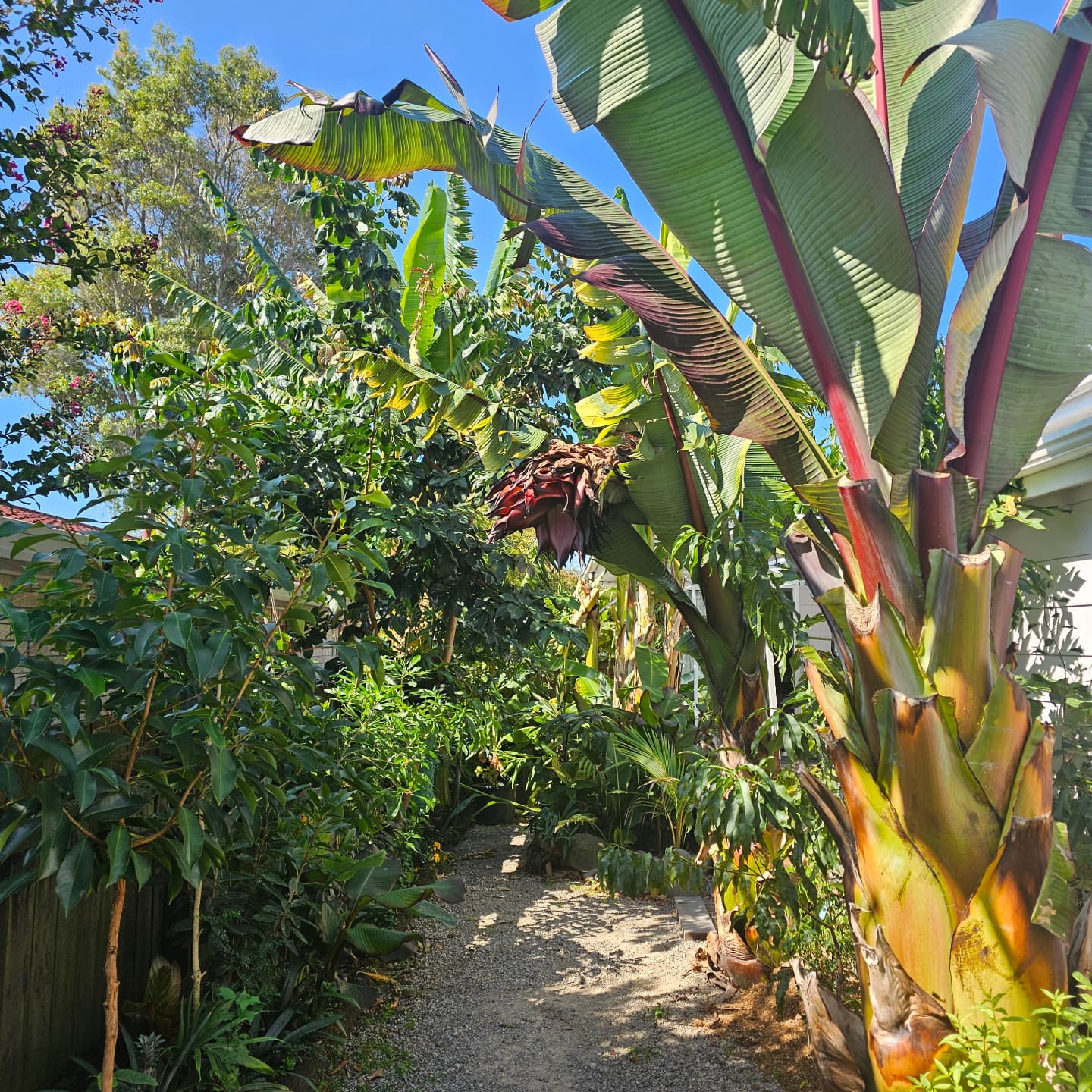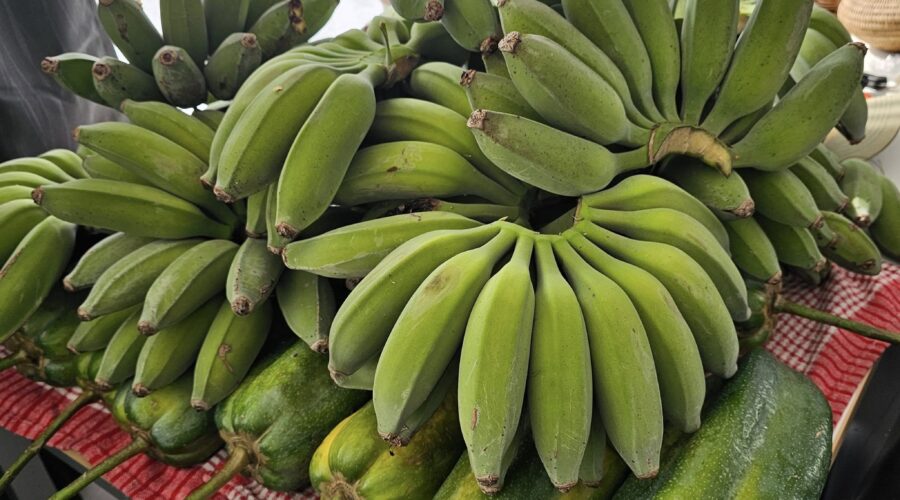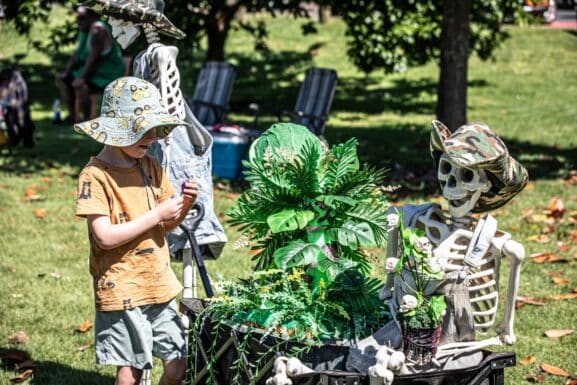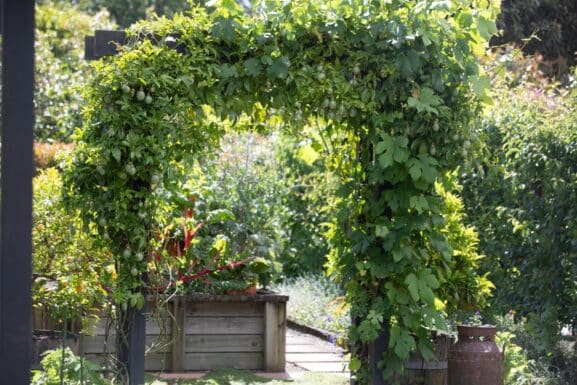The “Kai” of a Successful Community
In a world increasingly shaped by global supply chains and economic uncertainty, the concept of a secure and sustainable local food system—or “kai resilience”—has never been more important. It’s the simple yet powerful idea that a community can nourish itself from the ground up, reducing its reliance on vulnerable external systems. This isn’t just about survival; it’s about empowerment, connection, and thriving together.
While the challenge may seem daunting, the solution is often found in the soil of our own backyards and the spirit of a community that decides to work together. And in the heart of the Bay of Plenty, a quiet but powerful movement is proving just how successful this model can be.
A Recipe for Resilience: The Te Puke Story
The “Grow Te Puke” initiative, led by the Vector Group Charitable Trust, is a shining example of a successful kai resilience cooperative. Their vision goes far beyond a single community garden; it’s a multi-layered ecosystem designed to cultivate food, knowledge, and community bonds.
At the core of their success is an urban food forest and nursery. Dubbed Troppo, this living laboratory is a testament to what can be achieved in New Zealand’s unique climate. Instead of a traditional orchard, it’s a self-sustaining system modeled on a natural forest, where over 300 species of tropical and subtropical plants—from bananas and papayas to rare edibles—grow in harmony. This space is not just for production; it’s a living classroom. Through regular tours and hands-on workshops, Troppo teaches people about permaculture, syntropic farming, and how to create their own “backyard supermarket.”

How a Community Grows Together
While the food forest is the seed, the cooperative spirit is what allows the entire community to flourish. The “Grow Te Puke” model thrives on a simple principle: sharing.
One of their most popular and effective tools is the community Crop Swap. These regular, free events are a vibrant hub where neighbors gather not with money, but with an abundance of anything they have to share. The tables fill with everything from freshly picked fruits and vegetables to homemade relishes, sourdough starters, and even seedlings for new gardeners. This circular economy reduces waste, builds trust, and ensures that the bounty of the land is distributed widely and equitably. It’s a powerful antidote to modern isolation, transforming a simple exchange into a meaningful social connection.
But the cooperative’s work extends beyond the crop swap. It’s a holistic approach that includes:
- Shared Knowledge: The initiative actively empowers locals through workshops on everything from composting and seed saving to advanced permaculture techniques.
- Educational Partnerships: By working with local schools, they are teaching the next generation where their food comes from, fostering a lifelong connection to the land and healthy eating habits.
- Collaborative Network: “Grow Te Puke” is a hub for a broader network, connecting with other community gardens, local businesses, and environmental groups to weave a stronger, more resilient social fabric.
From Local Ground to National Movement
What “Grow Te Puke” and other similar initiatives across Aotearoa demonstrate is that kai resilience is not a grand, top-down project. It’s a grassroots movement, built one conversation, one seed, and one shared meal at a time. It proves that by empowering individuals and fostering cooperation, a community can create a more secure, sustainable, and joyful future for itself.
The success story of Te Puke is a powerful reminder that our most valuable resource is not found in a distant market, but in the collective strength of our neighbors and the fertile ground beneath our feet. It shows that by working together, we can all contribute to a truly abundant and resilient Aotearoa.
Ready to start your own journey? Look for a Crop Swap in your area or consider planting a garden. Every small act of growing and sharing helps build a stronger community.



